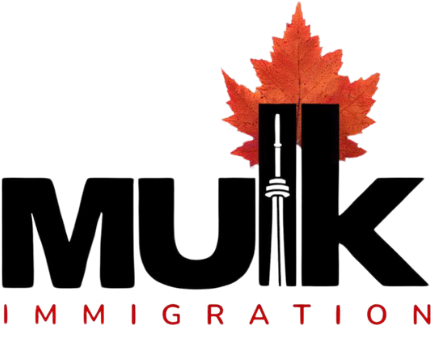Provincial Nominee Programs (PNP) in Canada
Provincial Nominee Programs (PNPs) in Canada are immigration programs administered by individual provinces and territories. These programs allow provinces and territories to nominate candidates who have the skills, experience, and qualifications needed to contribute to their local economies and communities for permanent residence in Canada. Here are the key details about Provincial Nominee Programs:
Eligibility Criteria: Each province and territory in Canada operates its own PNP with specific eligibility criteria tailored to its unique economic and demographic needs. Generally, candidates must have the skills, work experience, and language proficiency necessary to fill labor market gaps and meet the demands of local employers. Some PNPs also have streams for international graduates, entrepreneurs, and other targeted categories.
Occupation In-Demand Lists: Many PNPs maintain occupation in-demand lists or categories that identify occupations or sectors experiencing labor shortages within the province or territory. Candidates with work experience in these designated occupations may receive priority consideration for nomination.
Application Process: The application process for PNPs varies depending on the province or territory. In most cases, candidates must submit an Expression of Interest (EOI) or an application directly to the province or territory’s PNP. Successful candidates receive a provincial nomination, which they can use to apply for permanent residence to Immigration, Refugees and Citizenship Canada (IRCC).
Nomination and Invitation Rounds: Some PNPs operate on a points-based system, where candidates are assigned a score based on factors such as age, education, work experience, language proficiency, and ties to the province or territory. Periodically, provinces and territories hold invitation rounds and invite candidates with the highest scores to apply for provincial nomination.
Processing Times: Processing times for PNPs vary depending on the volume of applications and the specific requirements of each program. Generally, provinces and territories aim to process applications as efficiently as possible to meet the needs of employers and address labor market shortages.
Provincial Criteria and Streams: Each province and territory in Canada has its own criteria, streams, and categories under its PNP. For example, some provinces may have streams for skilled workers, semi-skilled workers, international graduates, entrepreneurs, and investors. Candidates should review the specific criteria of the PNP they are interested in and ensure they meet the requirements before applying.
Impact on Permanent Residence Application: A provincial nomination can significantly increase a candidate’s chances of obtaining permanent residence in Canada. Provincial nominees receive additional points under the Express Entry Comprehensive Ranking System (CRS) or may be eligible to apply through a separate stream, depending on the province or territory’s agreement with IRCC.
Overall, Provincial Nominee Programs play a vital role in Canada’s immigration system by allowing provinces and territories to select candidates who can contribute to their economic growth and development. PNPs offer opportunities for skilled workers, entrepreneurs, and others to immigrate to Canada and build a better future for themselves and their families.

